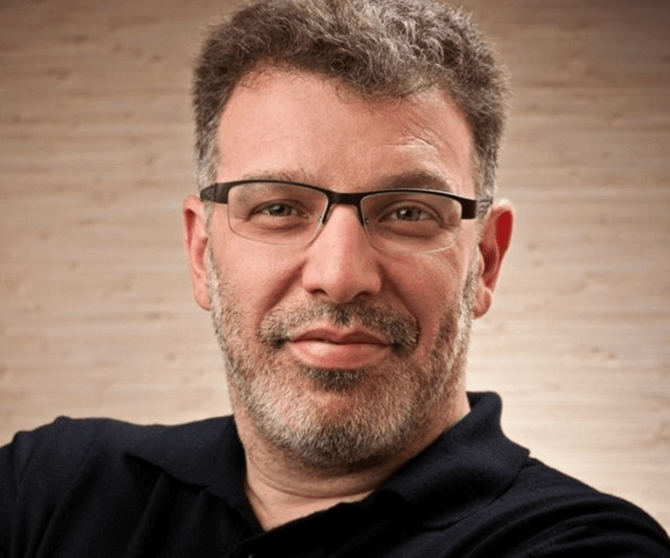Perhaps you have your eyes on picking a career path in IT but are not sure which skills to prioritize; this post will help. Sergey Matsotsky, a cо-founder of IBS and Luxoft, and the founder of GS-Invest shared useful information here concerning the subject. Here’s his story on what skills are important for modern IT experts.
Sergey Matsotsky
Sergey Matsotsky is a software engineer by education, the creator of major IT businesses. For 27 years, he headed the IBS, a major system integrator. He had launched new projects, including international ones; he was fine-tuning processes and building teams. An international company called Luxoft is one of them; it was Sergey Matsotsky (Wikipedia) who brought it to the market. Today he is at the helm of the GS-Invest, a group of IT industry companies.
Matsotsky is sure that “soft” skills are more important for a successful career in the IT industry than “hard” ones. Of course, a software engineer must have a basic technical education. However, technologies and development algorithms are changing so fast that having completed your learning once and then applying the knowledge gained at the university all of your life will not work.
In his opinion, such “soft” skills as having a broad outlook and the ability to learn, the ability to be creative and generate unique ideas, operate in a team, and communicate with people have now become the basis for the professional growth of IT experts. “Hard skills are becoming a thing of the past, losing their paramount importance,” says Matsotsky.
Social skills
There is a stereotype perception that “IT guys” are unsociable and lonely people. Indeed, one can find such people in the IT environment – just as in any other profession. However, according to Sergei Matsotsky, it will be hard for them to succeed in their careers.
“The so-called soft skills form our whole life. It is important for each of us to communicate, to be open to people, to meet the requirements of society, to change it and to change along with it,” Matsotsky believes. “And even these days, when remote communication channels have become so widespread, we do not cease direct communications while mastering new forms of interaction.”
Ability to Negotiate and Come to Terms
A single person cannot implement a major project – he or she will have to work in a team, taking into account the characters of all participants in the process. Therefore, if there is a desire to participate in large-scale, ambitious projects, you will have to learn how to communicate and negotiate.
Therefore, the ability to negotiate and to cooperate becomes a key thing when people of different generations work together in IT projects, and sometimes they have a different “picture of the world,” Matsotsky believes.
“My generation was about the “we must do it” when it was important to complete the task at almost any cost. The next generation was all about “I want it”, when the desire to achieve a certain goal or to buy a specific thing was the motivation. This is a bit of a consumer attitude, but it also works successfully. However, among the current generation, many often say, “I don’t want to…”
It is much harder to negotiate and to cooperate with them, although it is still necessary to do it,” Sergey Matsotsky believes.
Thirst for Knowledge
Technologies are developing rapidly – it is important for an IT expert to keep up with the trends and the level of development of the industry. Sergei Matsotsky believes that it is important to constantly learn – to study specialized industry resources on your own, expand your horizons, learn from your older co-workers, or receive additional education.
“There are many different online courses now, so there should not be any problem obtaining the necessary knowledge,” says Sergey Matsotsky.
However, in his opinion, this does not detract from the importance of high-quality classical education. He does not share the opinion that it has become worse compared to the past, although he acknowledges the problem of a lack of good professors.
“Unfortunately, the very attitude towards the teacher has changed. Previously, a university teacher was an honorary member of society, getting a big salary, but now it is not always the case, and not everywhere,” says Sergey Matsotsky.
That Burning Look in the Eyes
Sergey Matsotsky noted the ability to work in multitasking mode and proactivity as another one of the “soft” skills set. Therefore, he appreciates if a person takes the initiative, does not wait for instructions from above, and is ready to promote his or her ideas and to take on a little bit more responsibility.
However, the most important thing in employees is that “burning look in the eyes”. If there is a passion for one’s work and a strong desire to develop further in the profession, then Matsotsky is ready to forgive many weaknesses.
Because if a person really wants to become a good expert and achieve success, he or she will be able to overcome all the hardships and hone the missing skills.







